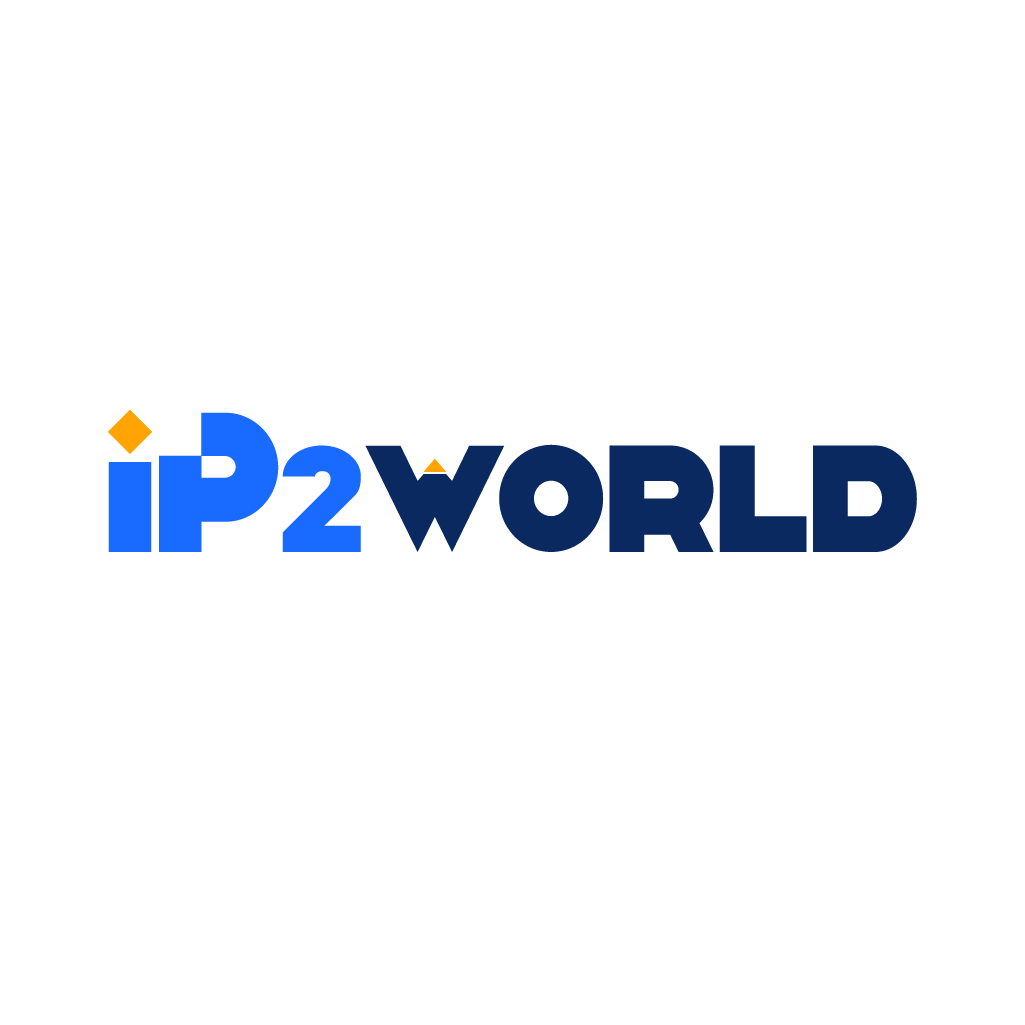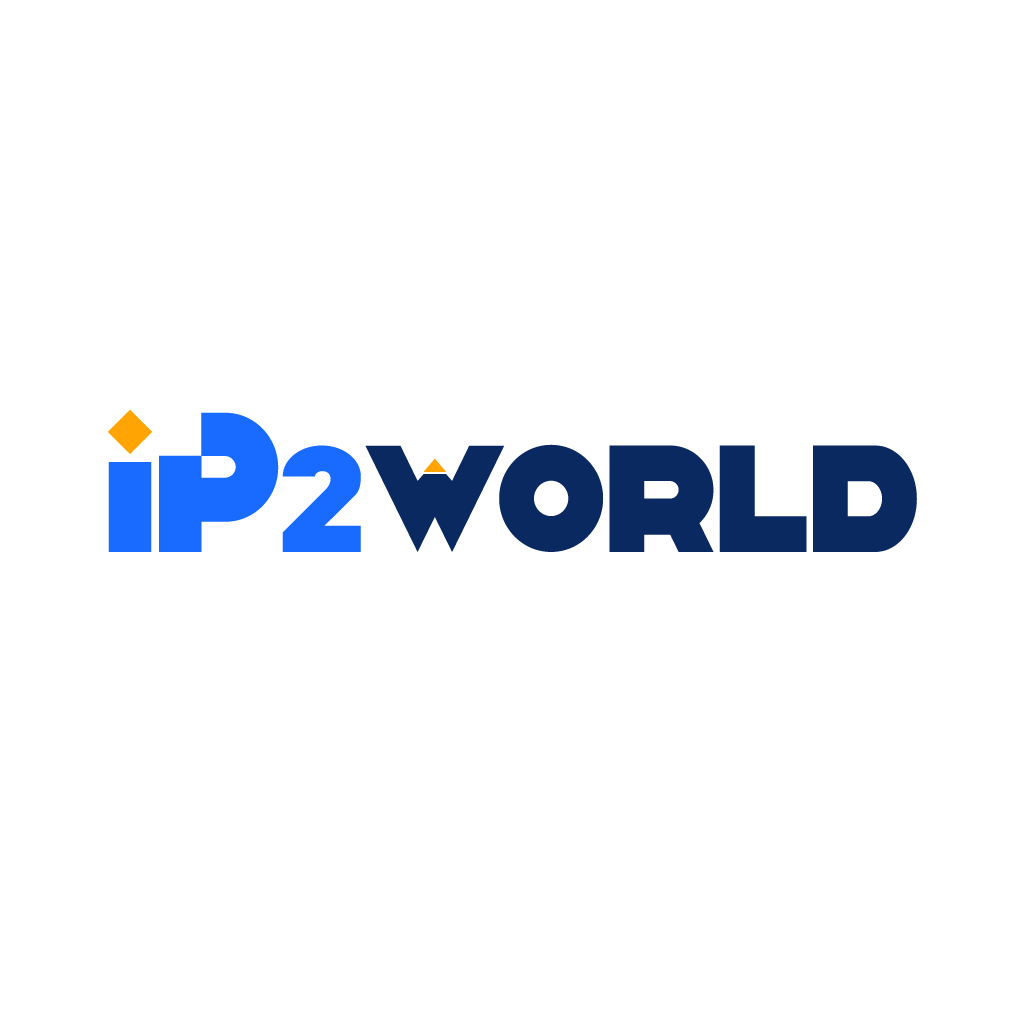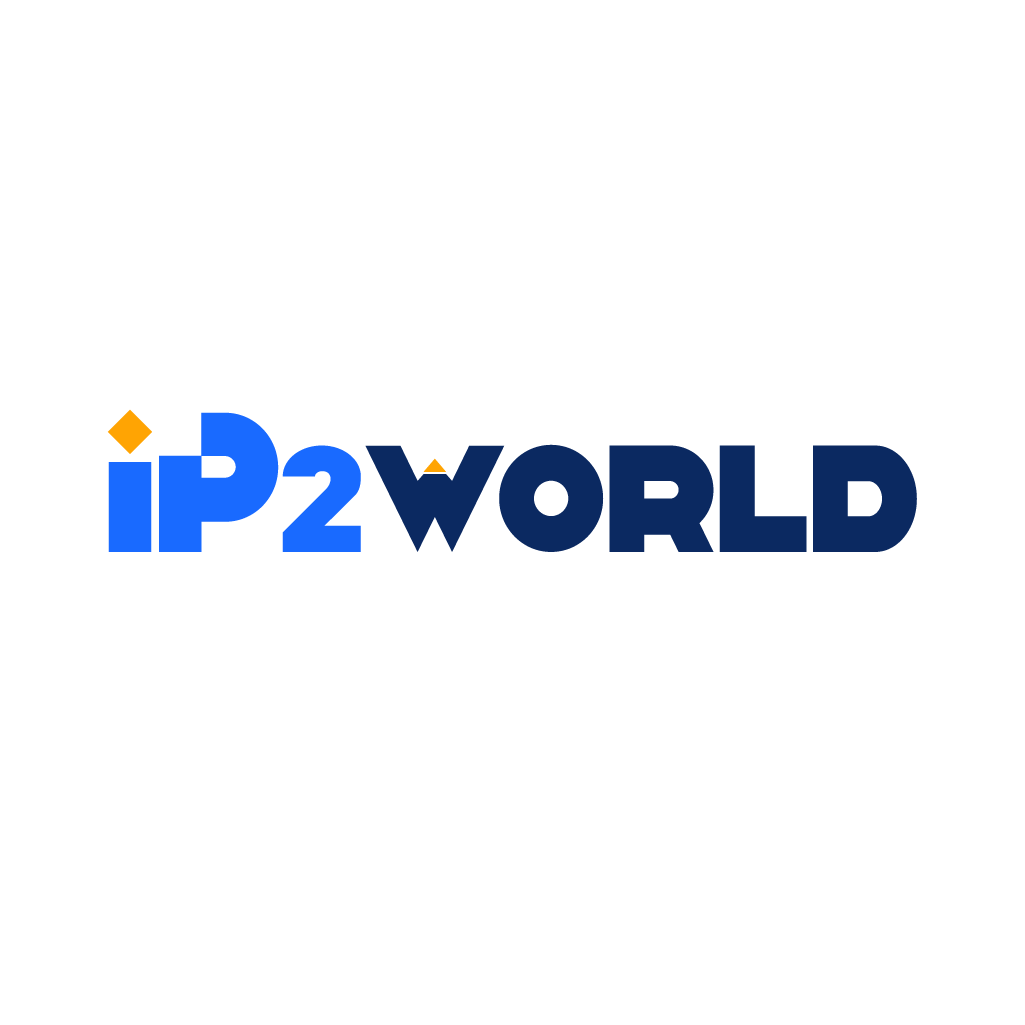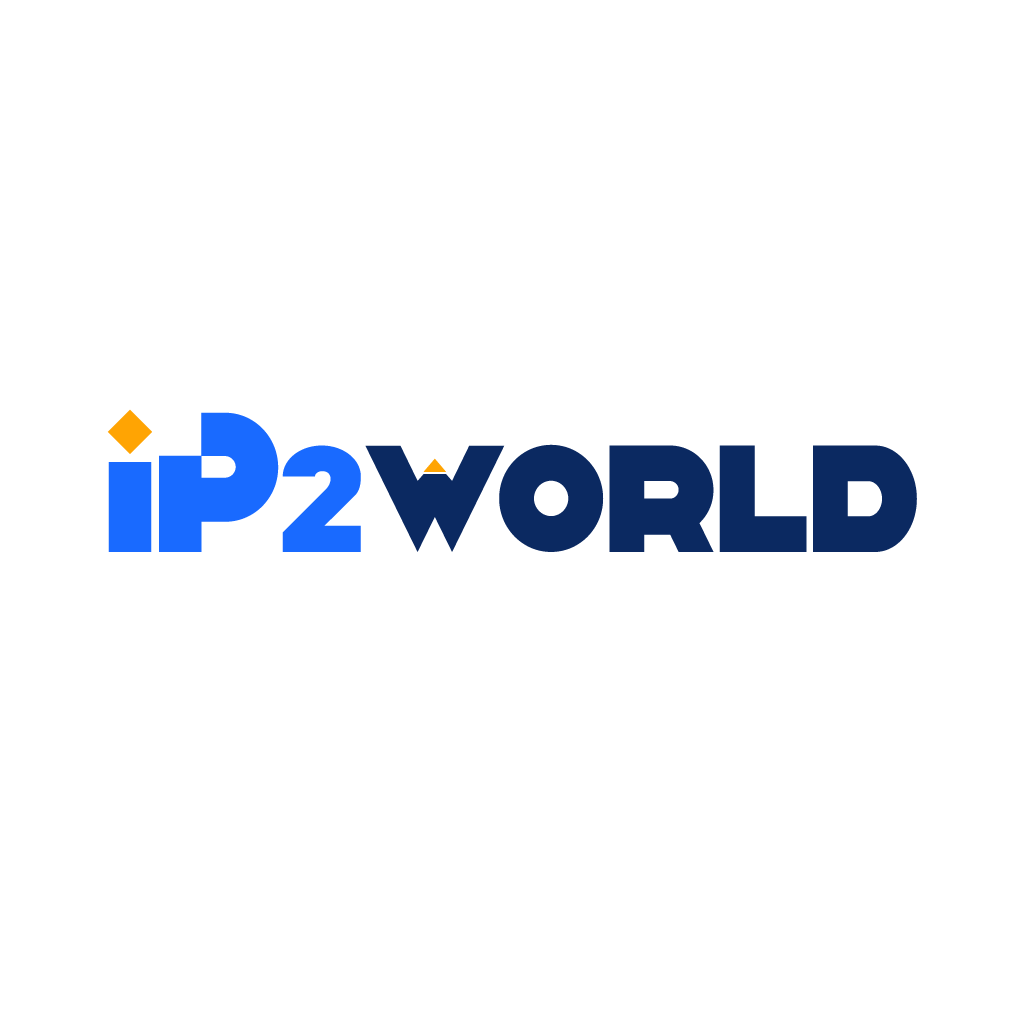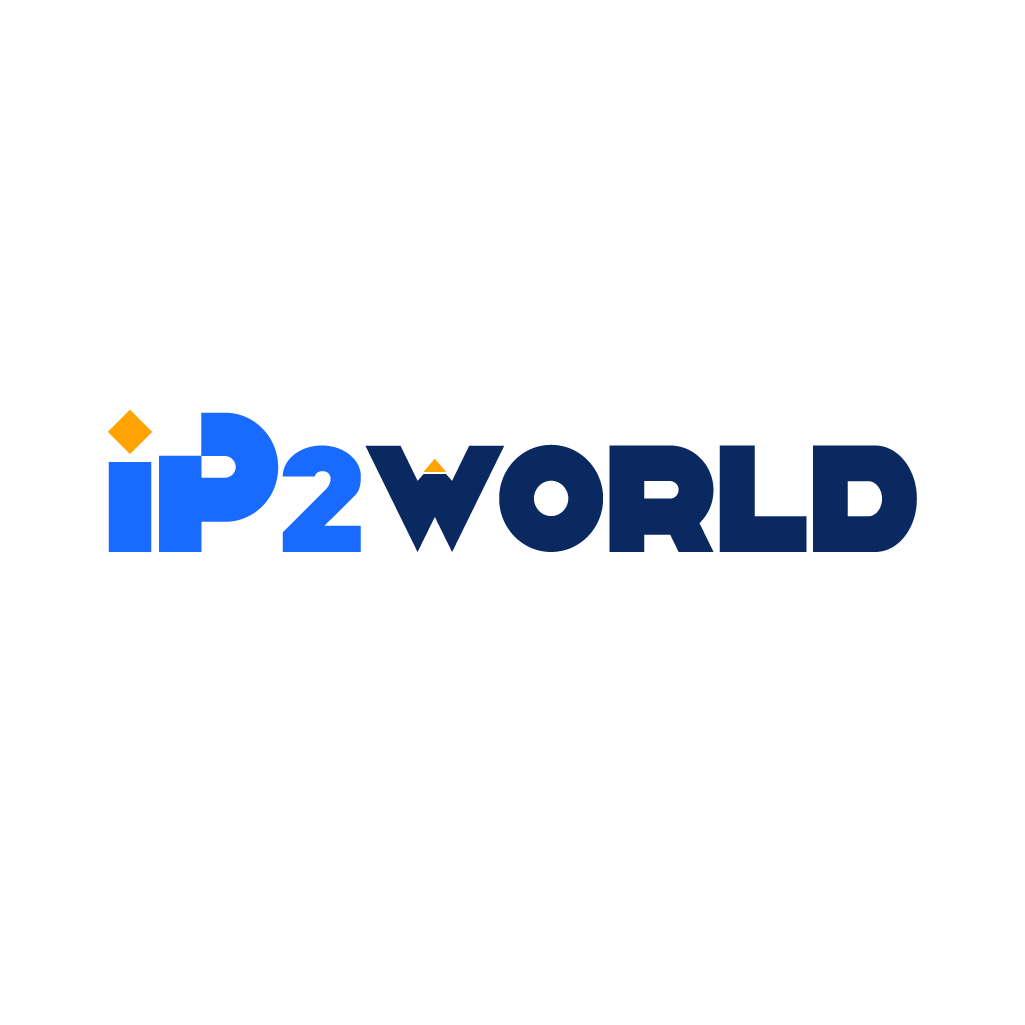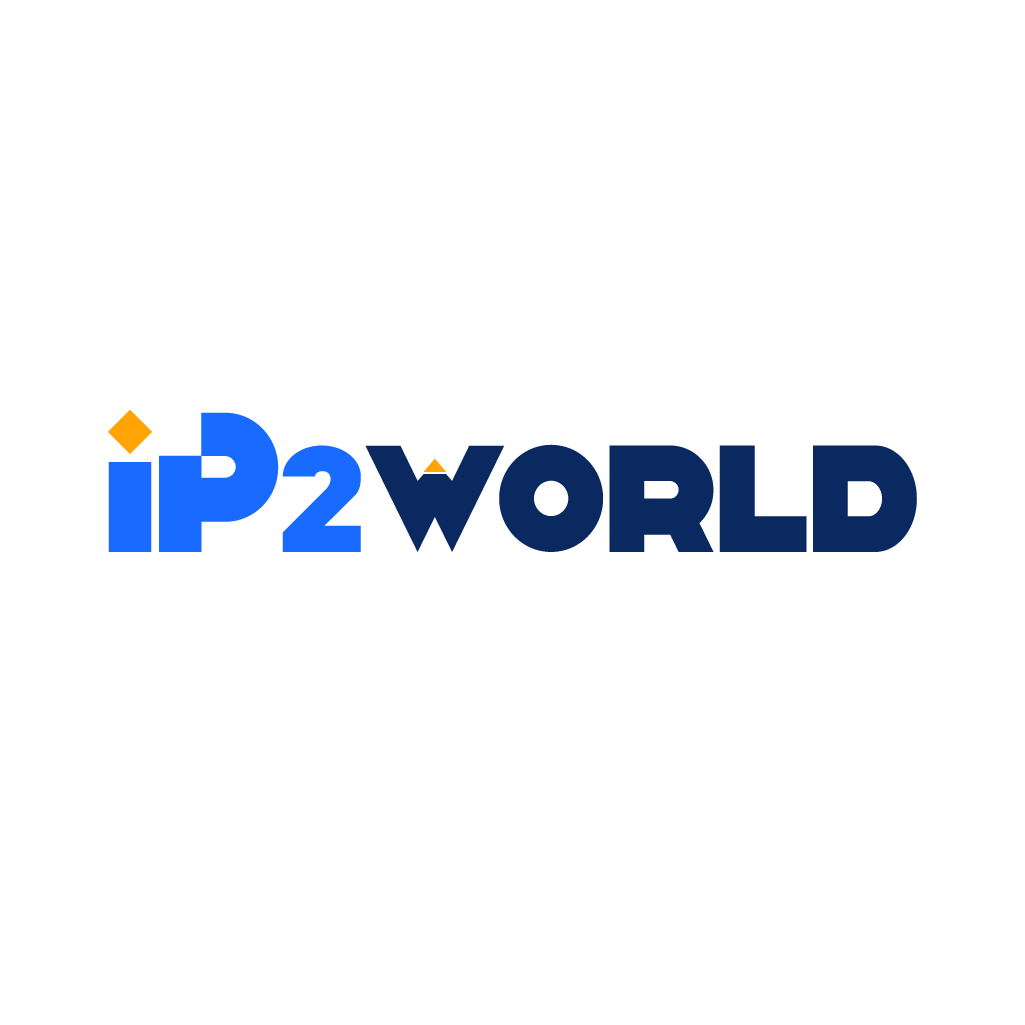Introduction:In today's fast-paced digital world, the importance of delivering content swiftly and securely cannot be overstated. But how can businesses and organizations achieve this without sacrificing customization and user experience? The answer lies in the seamless integration of Content Delivery Networks (CDNs) and proxy servers. While CDNs excel in globally distributing web content to reduce latency and enhance user experience, proxy servers add an extra layer of personalization and security. This article aims to delve into the synergistic relationship between these two critical technologies, exploring how they can be combined to create a robust, flexible, and secure digital ecosystem. We'll look at how proxies can enhance CDN functionalities—adding personalization, security features, and more—while also offering strategies to help you make informed decisions when selecting a proxy to work with your CDN. The Fundamentals: Proxies and CDNs Revisited—An In-depth Perspective Understanding the distinct functionalities of Content Delivery Networks (CDNs) and proxy servers is pivotal before diving into how these technologies can complement each other. CDNs are robust systems composed of globally distributed servers and data centers that cache web content for easier accessibility. They reduce the geographical distance between the user and the data, thereby improving website load time, reducing latency, and generally enhancing the user experience. CDNs are typically used to store and deliver various types of web content—be it text, images, or streaming media. Proxy servers, on the other hand, serve as an intermediary between a user's device and the World Wide Web. They facilitate the exchange of information between your computer and internet servers. Proxies offer multiple advantages, including enhanced anonymity through IP masking, controlled access via content filtering, and additional caching capabilities. They are highly adaptable and can be used for various purposes, including bypassing geo-blocks, increasing online security, or managing network loads. Proxies for Tailored Content Delivery—The Advantage of Personalization Proxies offer something that CDNs generally do not: an unparalleled level of customization and personalization. While CDNs are engineered to deliver content rapidly and efficiently to a broad user base, proxies provide the ability to tailor this content delivery based on individual user needs or specific business policies. For example, proxies enable the setting up of content filters that can block specific types of web content, making them ideal for educational institutions or businesses that want to restrict access to particular sites. Furthermore, proxies offer more granular control over geolocation features. Unlike a CDN, which delivers the closest cached content to a user, a proxy can be configured to funnel content through specific locations, thereby effectively implementing geolocation restrictions or benefits. Also, the ability to conduct A/B tests is elevated when using proxies. By directing different types of content to various user segments through a proxy, businesses can gain more insightful data on user behavior, engagement, and preferences. Security and Anonymity Upgraded—Fortifying the Digital Fort Both CDNs and proxies offer layers of security, but when combined, they form an almost impenetrable shield. CDNs are well-known for their ability to mitigate the risks associated with DDoS attacks. They accomplish this by distributing traffic across multiple servers, making it more challenging for attackers to overwhelm a single point. Additionally, most CDNs come with SSL/TLS encryption capabilities to secure data transfers. Proxies add another layer to this security by masking the origin server's IP address. This makes it exceedingly difficult for attackers to pinpoint and exploit the main server, providing an added layer of anonymity and security. Furthermore, proxies can be configured to block access to known malicious sites or IPs, thereby acting as a first line of defense against various types of cyber threats. When you integrate a proxy with a CDN, you end up with a two-tiered security architecture that significantly lowers the overall risk of cyber-attacks, data breaches, and unauthorized data access. This holistic approach to security is increasingly being adopted by businesses that face a high level of online interaction and thus, higher risks. Localized Caching: The Best of Both Worlds—A Deeper Dive While Content Delivery Networks (CDNs) have a global reach, distributing content to various geographical locations, there are instances when more localized control over caching is necessary. This is where proxy servers come into play. Proxies can be configured to deliver content specifically targeted to a particular locality or user group, providing a much more granular level of control. For example, a local government website may need to deliver specific updates or information only to residents within a particular jurisdiction. Configuring a proxy server to cache this localized content ensures that only those residents will access that particular information. In a business setting, a multinational company can use proxies to offer promotions or discounts specifically to customers in a single country or region, while still utilizing a CDN for global content distribution. Additionally, proxy servers offer the ability to specify cache expiration times for particular types of content, thereby controlling how long certain information remains in the cache. This is incredibly useful for data that is time-sensitive or for organizations that need to comply with data retention policies. Bandwidth Efficiency and Cost Savings—An Analytical Perspective Bandwidth is a precious resource, and costs can escalate quickly for companies that handle large amounts of data. When used in conjunction with a CDN, proxy servers can offer significant bandwidth efficiency and cost-saving benefits. CDNs typically handle the heavy lifting, caching larger and more frequently accessed files like high-resolution images, videos, or large software downloads. Proxies can complement this by taking on a more specialized role. They can cache smaller, more specific files or even manage real-time data streams. For instance, a news website could use a CDN to cache common images and layout files, while a proxy caches live update snippets and breaking news alerts. By doing this, the overall burden on your origin servers is reduced, translating into tangible cost savings and increased operational efficiency. Selecting a Proxy for Your CDN—Key Considerations Choosing the right proxy(IP2World Proxy Provider) to integrate with your CDN is a crucial decision that can influence your content delivery strategy. Here are some key factors to consider: - Type of Proxy: The kind of proxy you opt for depends on your specific needs. Residential proxies are excellent for localized content delivery and mimicking real-user behavior. Data center proxies offer speed and are typically used for web scraping and data extraction, whereas mobile proxies are ideal for mobile-focused services or applications. - Compatibility: Not all proxy services integrate seamlessly with all CDN providers. Make sure that the proxy service you're considering is fully compatible with your CDN provider, avoiding any functionality clashes or integration difficulties. - Scalability: As your organization grows, both your CDN and proxy should be able to scale effortlessly to accommodate increased traffic and data loads. Therefore, look for services that offer easy scalability options without requiring an entire overhaul of your existing system. - Security Features: Beyond the basic SSL/TLS encryption offered by CDNs, consider proxies that offer additional security layers like data encryption, malware scanning, and more advanced firewall settings. By taking these factors into account, you can make a more informed choice, ensuring that your CDN and proxy work in harmony to offer a fast, secure, and efficient content delivery system. Conclusion:The marriage of Content Delivery Networks and proxy servers presents a compelling solution for modern businesses and organizations looking to optimize their digital operations. While CDNs handle the broader, global aspects of content delivery, proxies can be tailored to address localized, specific needs, whether those are security, customization, or data management. Together, they form a holistic infrastructure capable of offering speed, flexibility, and multiple layers of security. By understanding the complementary capabilities of these technologies and by following key considerations when making your selection, you can set up an efficient and secure content delivery system tailored to your unique requirements. Whether you're a multinational corporation or a small local business, the combined power of CDNs and proxies can help you achieve peak operational efficiency and the highest level of security.
2023-08-26
